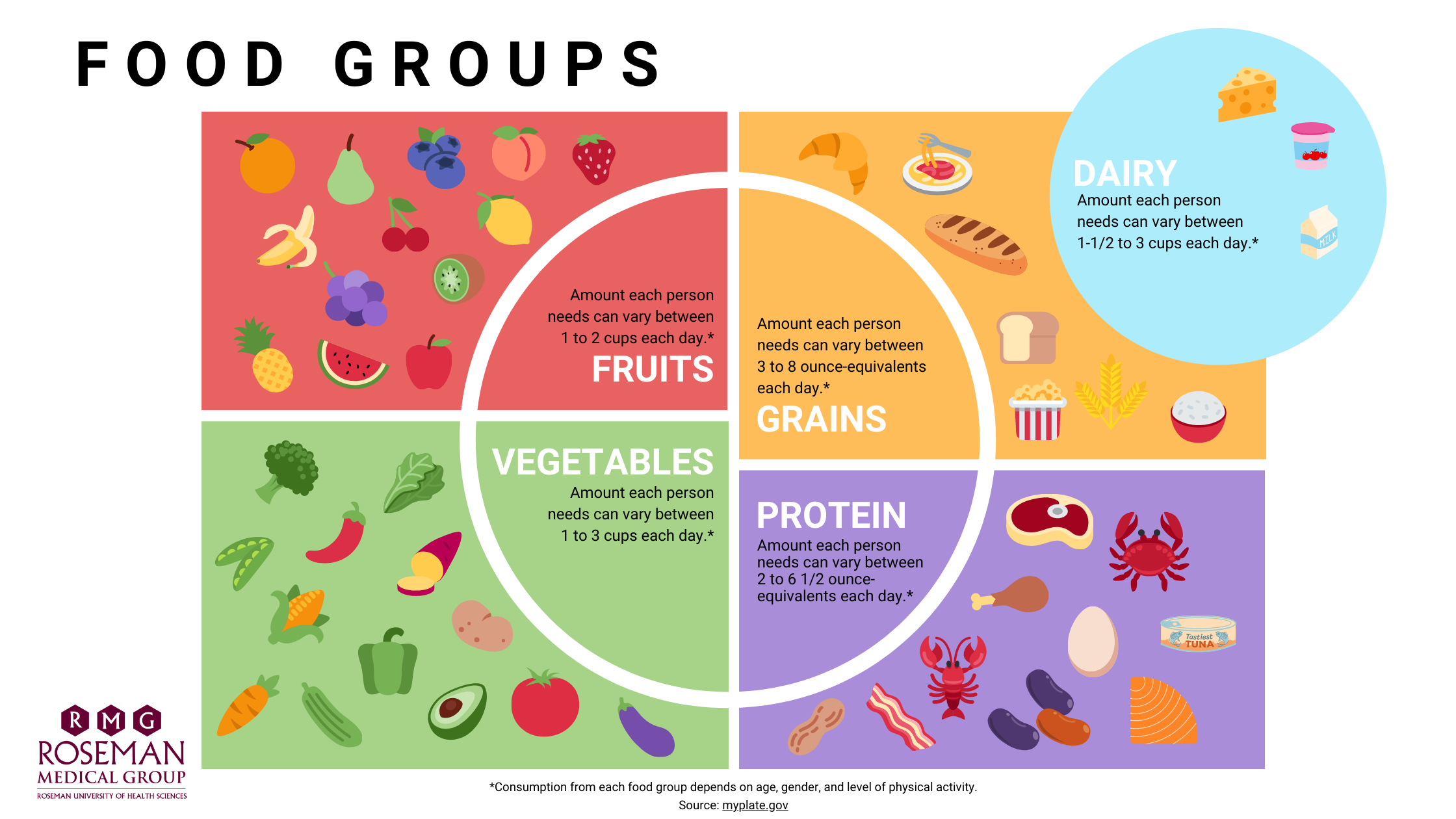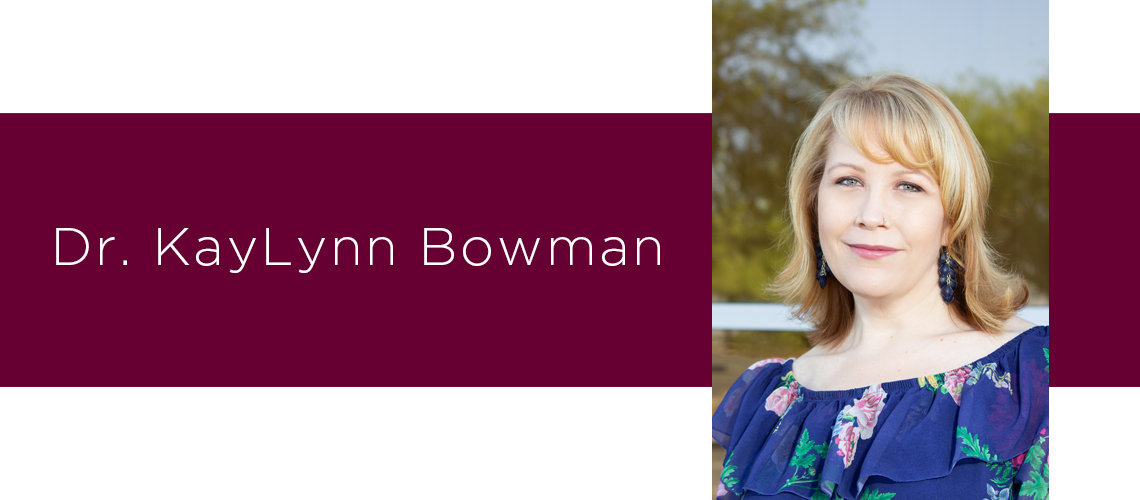Hello and Happy New Year!
We hope you are enjoying our Roseman Medical Group Health Monthly. We enjoy reaching out to our patients, partners and friends, and bringing you important news and information from the clinic.
The year has started off with guarded optimism as we remain hopeful in turning the corner on COVID-19. Vaccine deployment is underway in Nevada as it is nationally. Things are evolving rapidly, and we know it can be confusing. The Southern Nevada Health District has weekly updates on the number of vaccines distributed as well as information on the tiers for distribution. This is a process and as we get underway, we are hopeful that the pace quickens. Right now, Clark County is administering vaccines to those eligible in Tier One including Essential Workforce and those in the General population over age 70. Also, please see this helpful link from the American Academy of Family Physicians. It helps to answer some of the questions I am receiving. Roseman Medical Group is not distributing vaccines at this time; however, Roseman University of Health Sciences is a vaccine site. I am extremely proud at how our University has risen to meet the challenge and done so with empathy, grace and the utmost of professionalism.
We hope your year is off to a healthy start and you were able to take advantage of some of our tips on self-care, healthy eating, and stress reduction through the holidays. February typically is the month where the best intentions and holiday resolutions are cast aside, but we encourage you to stay the course on your quest to a healthier life. Small setbacks and missteps are part of the process, and healthier eating with an exercise and stress reduction regimen is more a marathon than it is a sprint—so expect to have ups and downs. We are rooting for you! Make sure you schedule your well-checks and take care of any unfinished medical tasks of 2020 including follow-up, diagnostic imaging, and bloodwork.
This month be sure to read our feature on Wellness Tips for the new year and learn more about digital tools that can empower you to live and eat more healthfully. We are also excited to feature a profile on Daedre Beaumont, Front Desk Supervisor at Roseman Medical Group. Daedre is a vital part of our practice. As one of the first faces patients see when they come into the clinic, her spirit and outlook set the stage for delivering compassionate care—throughout the entire patient experience—to all of our patients. A consummate optimist with empathy as part of her core ethos, Daedre uses her smile to keep people positive. Daedre says, “I have adopted my Dad’s favorite quote, ‘keep smiling’. A smile is such a beautiful thing! It is amazing how this simple gesture can turn someone’s day around. It is a universal way of passing hope and happiness on to those around you.” We are grateful for Daedre!
Don’t forget to register for our Neighborhood Health Series (NHS), a free virtual healthcare series tackling a variety of healthcare topics.
As we get deeper into the new year, we remind you all how appreciative we are to be the provider of your healthcare. Our practice is designed to deliver you the highest-quality, patient-centered, evidence-based medical care in a caring, compassionate environment. We are proud to be your partner in good health.
To all good things in 2021,
Andra Prum, D.O.
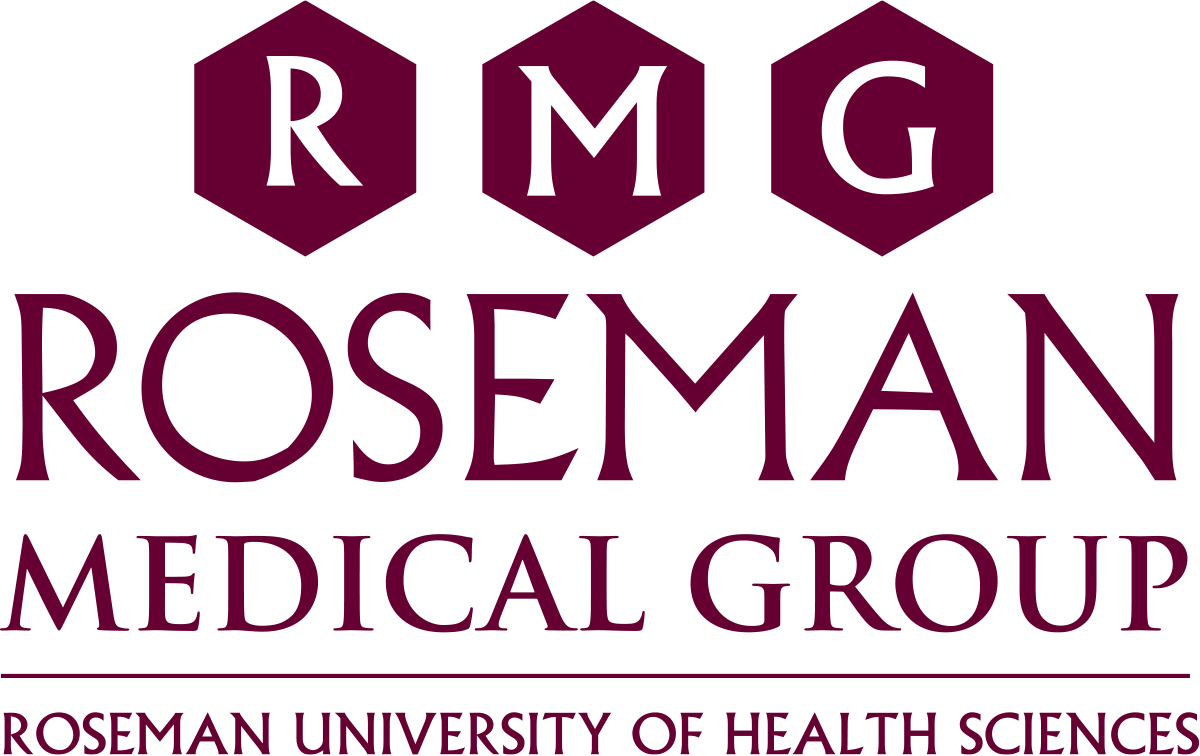
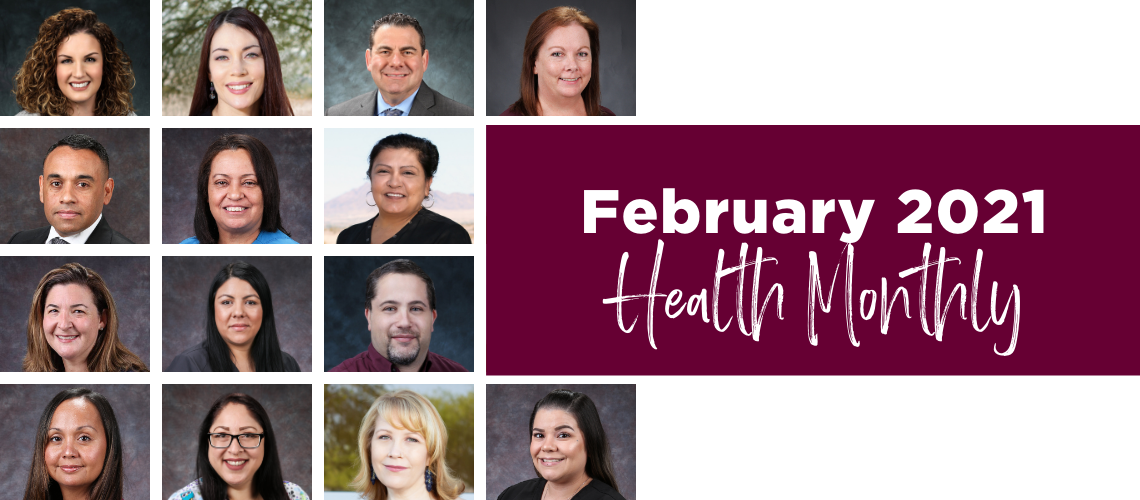

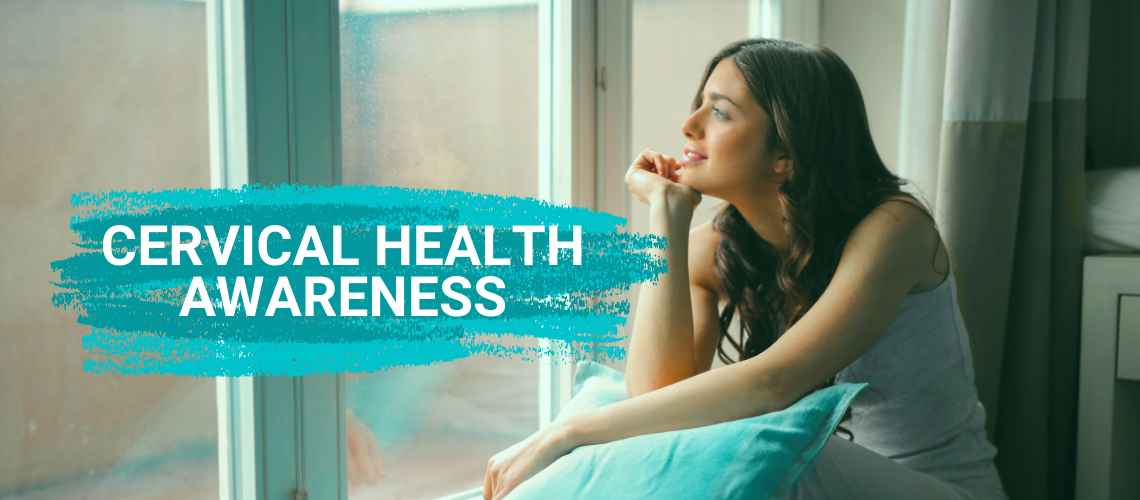
 KayLynn Bowman earned her Doctor of Pharmacy from Roseman University of Health Sciences’ Henderson campus in 2007. She also has earned a Master of Science in pharmacy, Medication Therapy Management from University of Florida, and Master of Science in Biochemistry and Master of Education Health Promotion, Health Care Administration from University of Nevada, Las Vegas. She also serves as a Clinical Adjunct Faculty for Roseman University’s College of Pharmacy and in 2017 the college awarded Dr. Bowman Preceptor of the Year for Advanced Pharmacy Practice Experience. Dr. Bowman is a Member of American Pharmacists Association and American Society of Consultant Pharmacists. Dr. Bowman’s role within Roseman Medical Group (RMG) is to provide Medication Therapy Management services in collaboration with RMG healthcare providers.
KayLynn Bowman earned her Doctor of Pharmacy from Roseman University of Health Sciences’ Henderson campus in 2007. She also has earned a Master of Science in pharmacy, Medication Therapy Management from University of Florida, and Master of Science in Biochemistry and Master of Education Health Promotion, Health Care Administration from University of Nevada, Las Vegas. She also serves as a Clinical Adjunct Faculty for Roseman University’s College of Pharmacy and in 2017 the college awarded Dr. Bowman Preceptor of the Year for Advanced Pharmacy Practice Experience. Dr. Bowman is a Member of American Pharmacists Association and American Society of Consultant Pharmacists. Dr. Bowman’s role within Roseman Medical Group (RMG) is to provide Medication Therapy Management services in collaboration with RMG healthcare providers.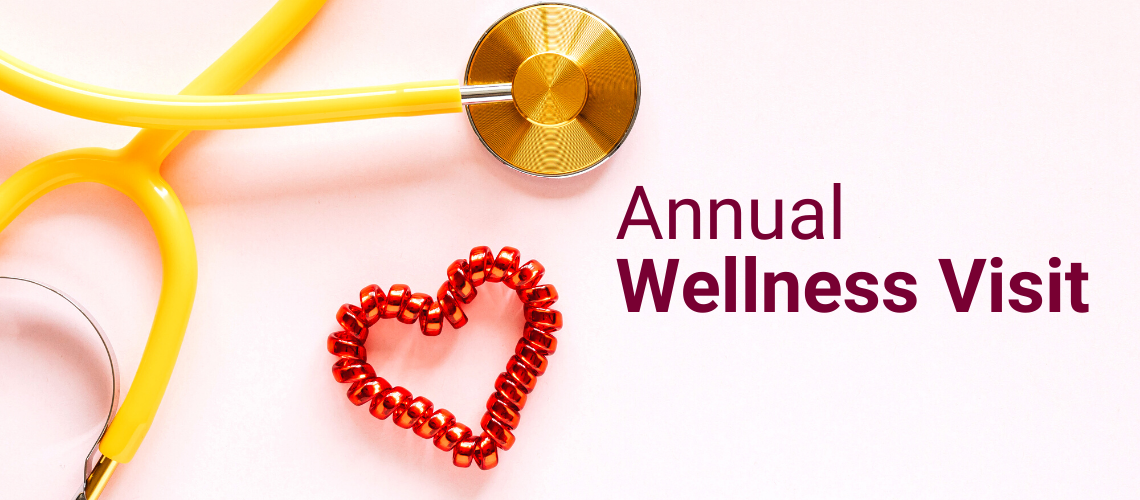

 Dr. Courtney Gormus is an experienced Registered Nurse and Family Nurse Practitioner with a Doctorate in Nursing Practice from Rocky Mountain University of Health Professions in Provo, Utah. Her nursing background includes inpatient and outpatient oncology, hospice, palliative care, bone marrow transplant, telemedicine, and now nursing academia. Dr. Gormus’ current role is within the Roseman University College of Nursing as an assistant nursing professor teaching in the undergraduate nursing skills and simulation lab, along with teaching in the graduate MSN/Family Nurse Practitioner program. Dr. Gormus also works as a Nurse Practitioner in our community completing Human Health Risk Assessments on the Medicare population. Dr. Gormus is married with two beautiful boys. In her spare time, she enjoys listening to true crime podcasts, walks around the neighborhood with her family and 105-pound dog, baking, long strolls down the aisles of Target, and interior decorating.
Dr. Courtney Gormus is an experienced Registered Nurse and Family Nurse Practitioner with a Doctorate in Nursing Practice from Rocky Mountain University of Health Professions in Provo, Utah. Her nursing background includes inpatient and outpatient oncology, hospice, palliative care, bone marrow transplant, telemedicine, and now nursing academia. Dr. Gormus’ current role is within the Roseman University College of Nursing as an assistant nursing professor teaching in the undergraduate nursing skills and simulation lab, along with teaching in the graduate MSN/Family Nurse Practitioner program. Dr. Gormus also works as a Nurse Practitioner in our community completing Human Health Risk Assessments on the Medicare population. Dr. Gormus is married with two beautiful boys. In her spare time, she enjoys listening to true crime podcasts, walks around the neighborhood with her family and 105-pound dog, baking, long strolls down the aisles of Target, and interior decorating. 
